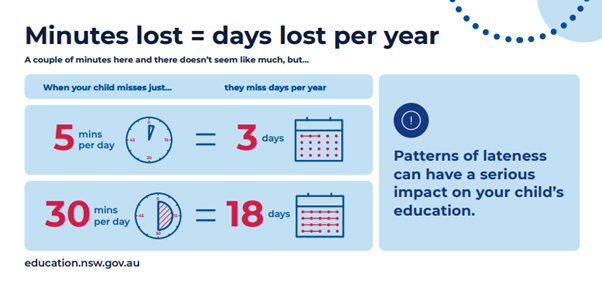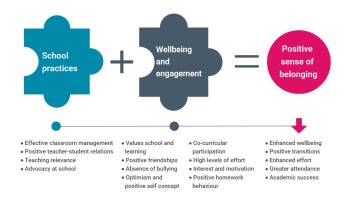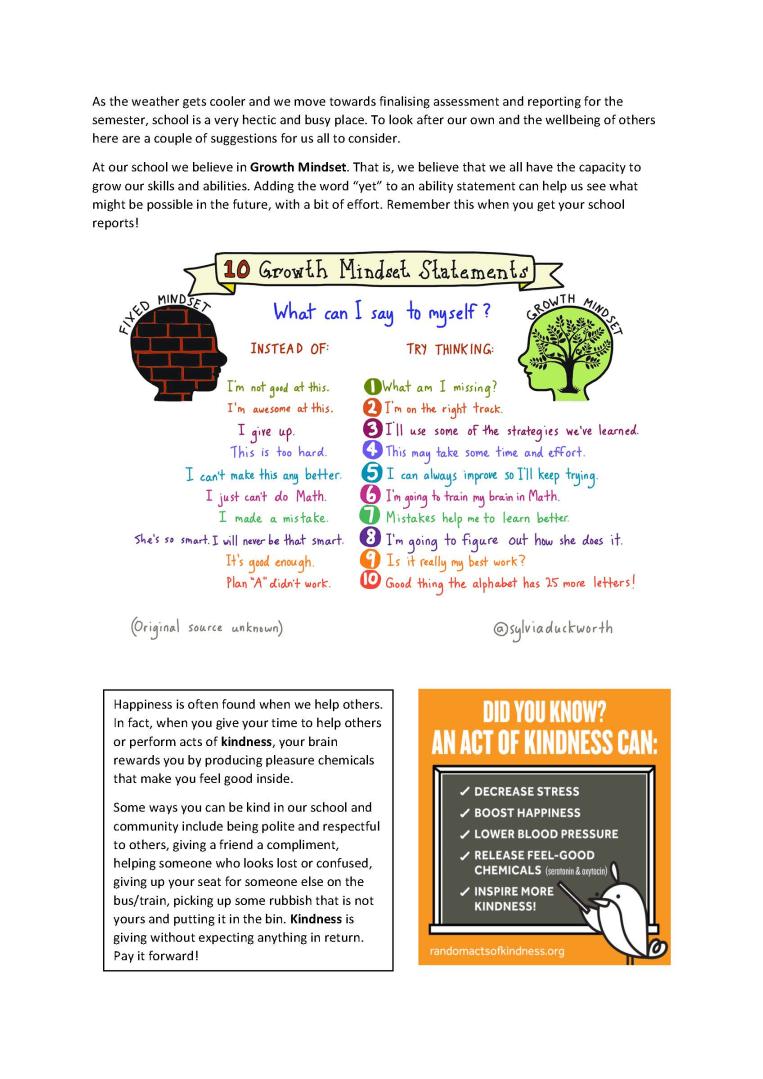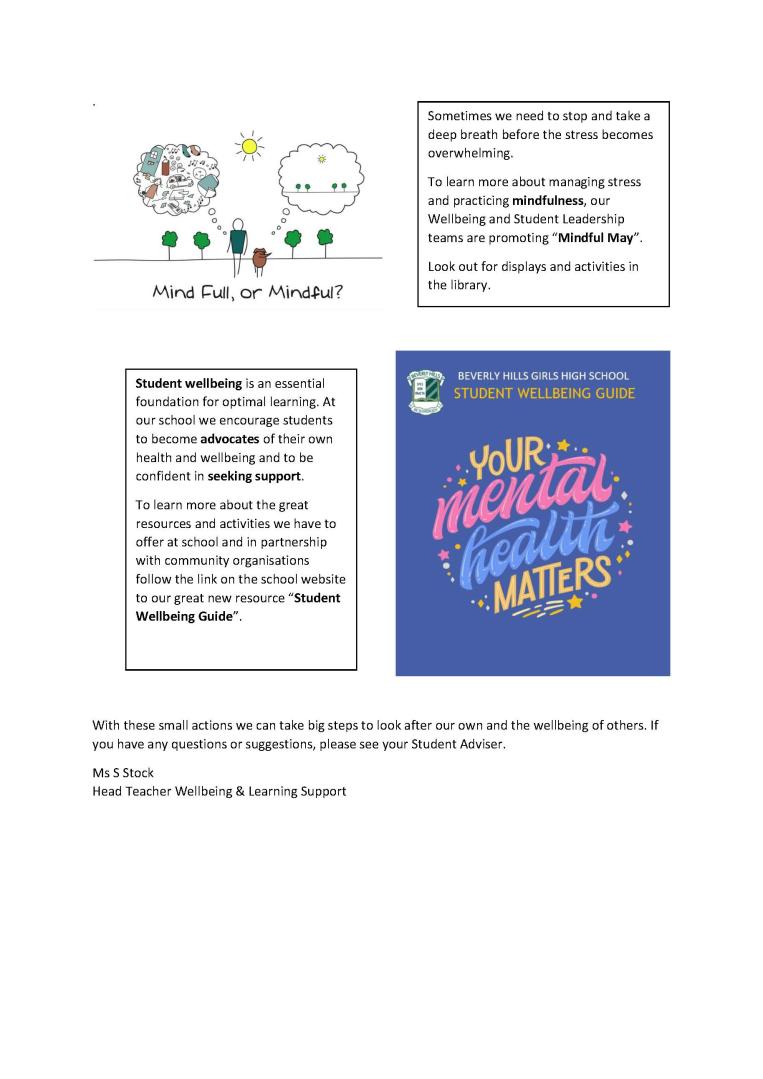We have indeed had a great start to Term 2 and I hope it continues to be smooth.
Students are looking exceptional in their uniform and I thank you all for your concerted effort to help them. We have had a number of random uniform blitzes and this will continue on occasions throughout the term. We will do the same for lateness. It is critical that everyone is at school by 8:45am ready for what is really a busy day of learning.
Parents, ask yourself, how many times have you heard your child say, “I’m no good at that”, “I’ve never been good at that” or “That’s not my thing”? I’m pretty sure most of us can relate to us hearing these sorts of statements. I’ve certainly heard them from my own kids! These statements relate to what we refer to as a ‘Fixed Mindset’, where people believe their basic qualities, like their intelligence or talent, are simply fixed traits, and cannot be changed. The opposite of this is what our teachers are encouraging our students at Beverly Hills Girls High School to develop, namely a ‘Growth Mindset’.
Why do some children easily bounce back from setbacks while others become overwhelmed by even the smallest setbacks? Dr Carol Dweck’s Growth Mindset research tells us that the basic difference between the two is linked to the child’s beliefs about intelligence and learning. When children believe they can get smarter, they understand that effort makes them stronger. Dweck’s neuroscience research challenges the traditional views of intelligence as being fixed or inherited and is, instead, achieved through effort and hard work.
One of the most powerful words to nurture a Growth Mindset is “yet”. When a child expresses that they cannot do something, teachers and parents may consider responding with, “you may not be able to do that yet…”. There is no doubt in my mind that every student can achieve success through a growth mindset and I encourage all parents to add the word ‘yet’ to your daughter’s vocabulary. If you would like to read more on how to develop a growth mind set, you can read about other ways to nurture practice at: https://www.mindsetworks.com/science/.
One reason why your daughter has developed a fixed mindset and believes that she can’t achieve could be due to attendance.
Every day counts
Every day counts and there is no ‘safe’ threshold for absences – Hancock et al, 2013
Teacher quality is the single most important in-school factor influencing student achievement (Hattie, 2009). However, the relationship between teacher quality and student achievement is mediated by the amount of time students spend in the classroom. Irrespective of the reasons for absences, non-attendance affects student outcomes.
We know regular attendance at school can have a meaningful impact on student wellbeing and academic achievement, as well as creating a foundation for future success.






























